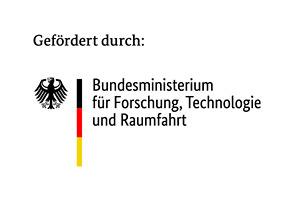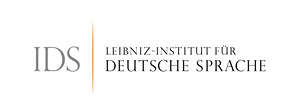Conflict and consensus as challenges for science communication (KoKoKom)
Digitalisation has fundamentally changed science communication. Knowledge is now more accessible than ever before, and new forms of participation enable dynamic interaction between science and society. However, the use of social media in particular also leads to an emotionalisation of communication, a presumption of expertise and increasing polarisation of social debates.
In this context, the KoKoKom project aims to identify mechanisms that lead to the emergence of social conflicts surrounding scientific research results and, as a result, to develop methods for creating and strengthening social understanding. Using methodological approaches from rhetoric and linguistics, polarising discourses on the topic of sex and gender in science communication are empirically investigated.
A central aspect is the disappearance of common ground as a basis for understanding: How can a social common ground be found in polarising debates? How can a social consensus be secured in view of the fluidity and dynamic change of scientific knowledge? Or, if consensus is not possible, how can we at least achieve an informed discourse on science against the backdrop of social and cultural contexts?
Corpus analysis
In the linguistic part, the following questions are examined on the basis of a corpus: How are scientific findings on sex and gender debated publicly? How is common ground established, negated, destroyed, restored, or even asserted and presupposed in the process? To what extent do polarising debates involve talking at cross purposes, which can be attributed to different styles of thinking and thought collectives?
The rhetorical part aims to categorise polarising and non-polarising linguistic patterns, identify non-polarising linguistic utterances and develop non-polarising communication formats, which will be passed on to professional science communicators and multipliers in workshops.
Text, discourse and corpus linguistic methods are used to analyse the public debate on the number of biological sexes in social media and the press.
Invitational Rhetoric
The Invitational Rhetoric model (Foss/Griffin 1995/2020) forms a central starting point for the further development of communicative practices and formats in science communication. A central aspect of this approach is to avoid further social polarisation by inviting people to understand their own perspective and be open to understanding other perspectives. This invitation is based on a firm belief in the equality, dignity and self-determination of the audience, which is considered a central tenet of good science communication. The overarching goal of Invitational Rhetorics is to promote participation and exchange. To this end, it creates a space in which various stakeholders can actively participate in the discourse and contribute their points of view. By creating an inclusive environment, these rhetorical strategies strive to build a bridge between different opinions and perspectives, which can ultimately lead to deeper understanding and constructive dialogue.
Training programme and toolbox
- Conferences, publications and dialogue events to disseminate new communication practices
- Training programme for practitioners in science communication and researchers
- Compact training for teachers
Partner
Sponsor



